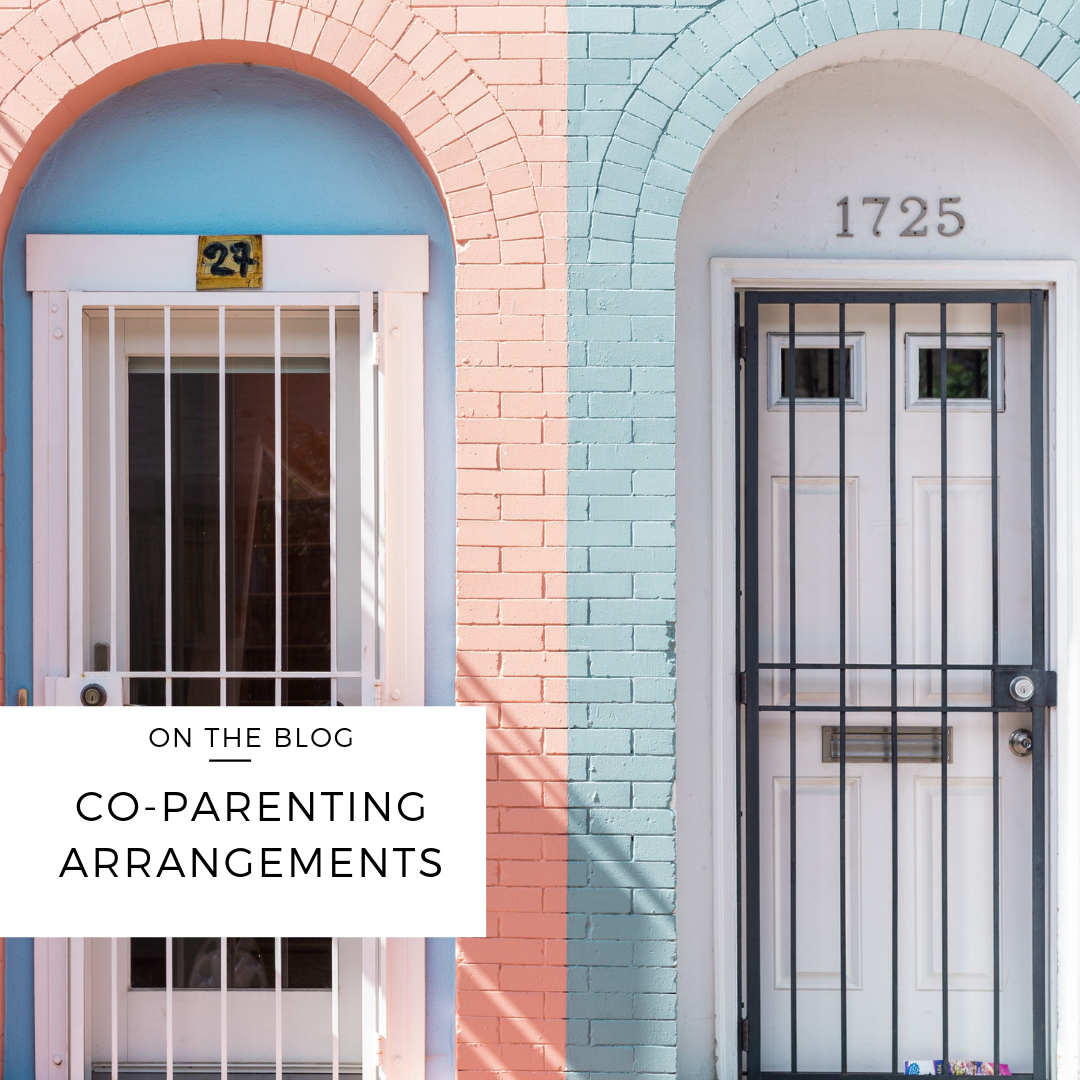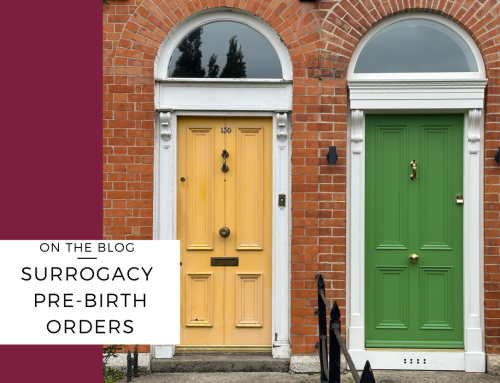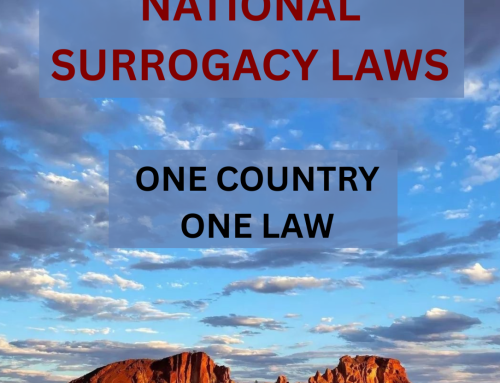Co-Parenting Arrangements
There are many ways to grow a family, and co-parenting is one creative option. There are as many different ways to co-parent as there are families choosing this model of parenting. A co-parenting arrangement might involve two singles, or one couple and a single, or two couples. Often it involves members of the LGBTQI+ community, for example where a same sex male couple seeks to enter into a co-parenting arrangement with a same sex female couple or a single woman.
There are inconsistent laws between the states and the Family Law Act, and co-parenting arrangements really illustrate how much work needs to be done to modernise our laws. For example, when a person gives birth, there is a presumption that their partner is a parent. If they are single and assisted by a donor, the presumption is that the birthing person is the parent and the donor is not. But when a single person enters a co-parenting relationship and conceives with sperm from one of the other co-parents, the laws are conflicting as to whether the person providing the sperm is a father, or a donor. These are good reasons why getting advice and having a written Agreement, setting our your intentions and expectations, is really important.
So, here’s what you should know about Co-Parenting Arrangements:
- You should get legal advice about your specific circumstances. All the parties should get independent legal advice, particularly before signing any agreement or attempting conception.
. - There are legal presumptions as to parentage, and that includes that a birthing person is presumed to be a legal parent, and if they have a partner then they too are presumed to be a legal parent.
. - There are, at this time, provisions for only two people to be named on a Birth Certificate. These two people do not have to be genetically related to the child.
. - A child’s best interests are paramount regardless of any agreement between adults who have conceived them or are raising them.
. - The good news is, that every family is different and you can be as creative as you like about the arrangement and what works for you, your family and the relationships with each other.
. - The parties would benefit from having counselling together and individually, prior to conception and even throughout pregnancy and beyond.
. - Get legal advice.
You may like to read more about Donor Agreements, and do some research about what a co-parenting arrangements might look like.
When you’re ready, make an appointment with Sarah to talk through the processes and options.








